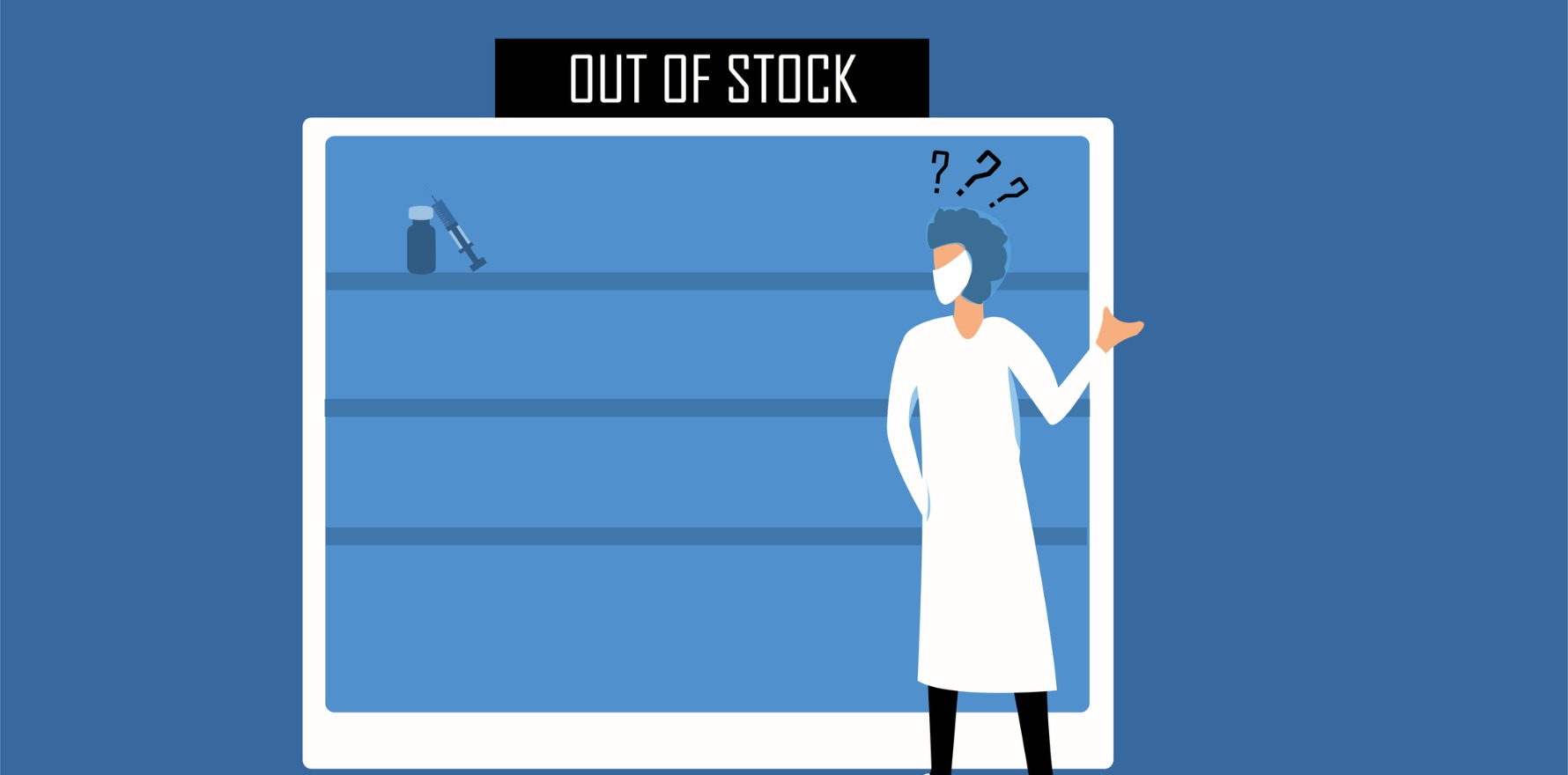AHPRA says it is working to identify practitioners with unusually high medicinal cannabis prescribing rates to make enquiries as to how they are meeting their obligations.
Prescribing practices within Australia’s medicinal cannabis industry are under scrutiny once again, following AHPRA data confirming that some individual practitioners are writing more than 10,000 prescriptions for high THC products every six months.
According to the regulator, there are now more than 2100 prescribers using the special access scheme and around 1100 prescribers using the authorised prescriber scheme for medicinal cannabis.
Where the special access scheme allows prescribers (e.g. doctors and nurse practitioners) to access unapproved therapeutic goods on a case-by-case basis, the authorised prescriber scheme allows medical practitioners to access unapproved therapeutic goods for a class of patients under their immediate care without requiring separate approval for individual patients.
According to AHPRA, at least seven practitioners have used the special access scheme to issue at least 1500 prescriptions for category 5 medicinal cannabis products within a six-month timeframe, including two nurses who appear to have issued between 2200 and 2500 scripts each.
Under the authorised prescriber scheme, the regulator identified eight practitioners who appear to have written more than 10,000 medicinal cannabis scripts within a six-month timeframe.
A single nurse practitioner is understood to have issued up to 31,000 scripts over six months.
AHPRA acknowledged that one of the key challenges with correct interpretation of volume data was that practitioners may be writing multiple scripts in one consult and noted that the number of prescriptions only provides an indicator of possible risk.
Related
Sydney-based GP Dr Brad McKay told The Medical Republic that the nature of prescribing unapproved goods like medicinal cannabis necessitated writing multiple scripts.
“What we do find in the medicinal cannabis industry is that it’s very different from prescribing a medication and having it dispensed from a pharmacy when it’s under the PBS, for example,” he said.
“I could write three scripts for somebody for medicinal cannabis flower, and then two of them may be out of stock, so that patient has only got one script to go on.”
In most states and territories, he said, pharmacists were not permitted to substitute products.
Responding to the new data, RACGP president Dr Michael Wright told NewsGP that the federal government needed to lead efforts on harmonising state and territory drugs and poisons regulations to give consistency across jurisdictions.
“We could possibly write 10 scripts for a patient for medicinal cannabis flower, knowing that some of those products won’t be available by the time the patient’s going to the pharmacy,” Dr McKay said.
“There are … major stock issues across the board.”
One of the key issues in regulating the medicinal cannabis industry is that the medicines are not PBS-subsidised and a relatively high proportion of scripts are written via non-rebated telehealth consultations, putting it outside Medicare’s purview.
AHPRA said that, between July 2019 and February 2025, it received more than 330 notifications relating to medicinal cannabis prescribers.





